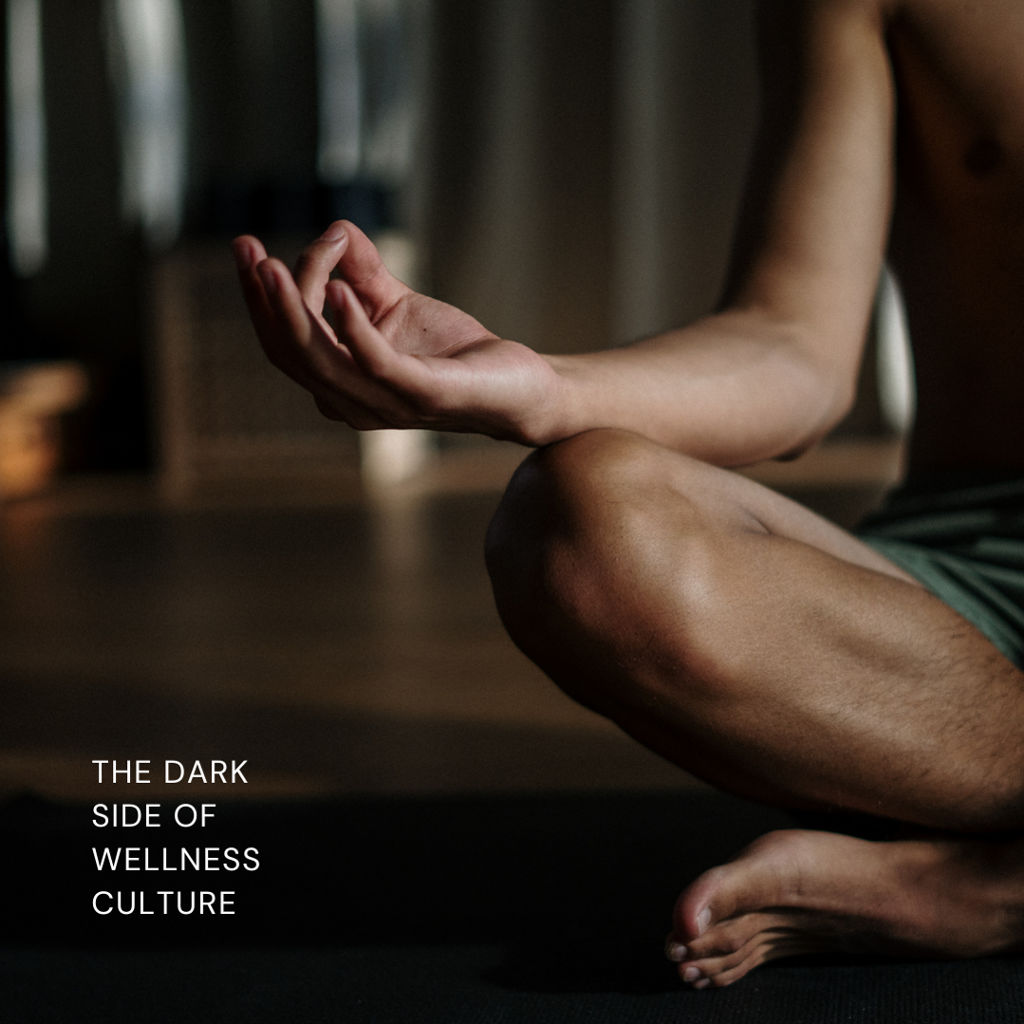CATEGORIES
#Adulting #Health and Wellness #Well-BeingOverview:
- Self-care is the cornerstone of wellness, however, it can turn into self-obsession without balance.
- Constant comparisons can lead to feelings of inadequacy and anxiety.
- The wellness industry thrives on insecurities.
- It’s important to find a routine that works the best for oneself, rather than imitating someone else.
We are living in times where body positivity and wellness culture have taken center stage. The constant need to work on oneself is encouraged. However, it’s hard not to acknowledge the fact that there are downsides to it as well. When self-care becomes self-obsession, that’s when it leads to feelings of guilt, anxiety, and low self-esteem.

The Rise of Wellness Culture
Nowadays, we see a plethora of products, services, and practices that promote wellness and general well-being. It entails everything from fancy exercise to unique diets. It is undoubtedly also a byproduct of social media and the kind of content we consume. Be it famous celebrities or your favorite influencers- they all play a role in promoting such content. The problem here then becomes the pressure to conform and the inability to do so leads to guilt.
Perfectionism
The wellness industry has created a sense of urgency and perfectionism. This can turn individuals against each other and create competition. It wouldn’t be wrong to imply that this is a result of constant comparison. It then leads to feelings of guilt and shame when the expectations are not met. The obsession grows as we start obsessing over every little detail of our day- from what we wear to our eating habits.
It also creates a false sense of having control over our health choices. Although it can be empowering and push us to become healthier, it can be equally damaging. It is because we then start taking blame for every fallback or illness. This creates a vicious cycle of self-criticism and guilt, making it even harder.
It also becomes essential to look at the mental aspects of the wellness culture. While they place too much emphasis on physicality, they don’t stress the mental implications. This can lead to neglect of mental health issues.

The Commercialization of Wellness Industry
Be it the beauty or wellness culture, they thrive on insecurities. This is why they are multi-billion dollar businesses now. The wellness industry specifically faces scrutiny as many products are being falsely marketed. They have little to no scientific backup or evidence. It is essential to remember that one cannot buy true wellness.
Finding Balance
In a world that is full of options, it is important to strike a balance. It should not be a replica of your favorite influencer or celebrity’s routine. It must be the one that works the best for you. It, therefore, becomes important to prioritize mental, asking with physical wellness.
Here are a few tips to keep in mind:
Progress over perfection: Make small, achievable goals instead of unrealistic standards for yourself. Focus on a sustainable lifestyle change.
Pay attention to your body cues: Listen to your body and what it’s trying to tell you. Rest when needed and fuel it properly.
Emphasize on mental health: Focus on activities that bring you joy or help you in any way. Do not hesitate to reach out to a mental health professional when needed.
Take breaks from social media: Be mindful when using social media and consciously intervene when you’re comparing yourself to others.
Find meaning: Look for a higher purpose in life as it can help you stay motivated. This can come from work, relationships, and hobbies.
Conclusion:
The wellness industry feeds on ‘the lack of’, so it becomes our responsibility to consume content mindfully. Self-care is beneficial, however, can turn into obsession, if there is no balance. It also comes from challenging unrealistic expectations and having a more inclusive approach to the wellness culture. After all, we need to create a future where wellness is not just a trend, but a lifestyle.


